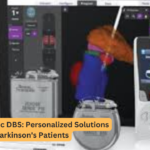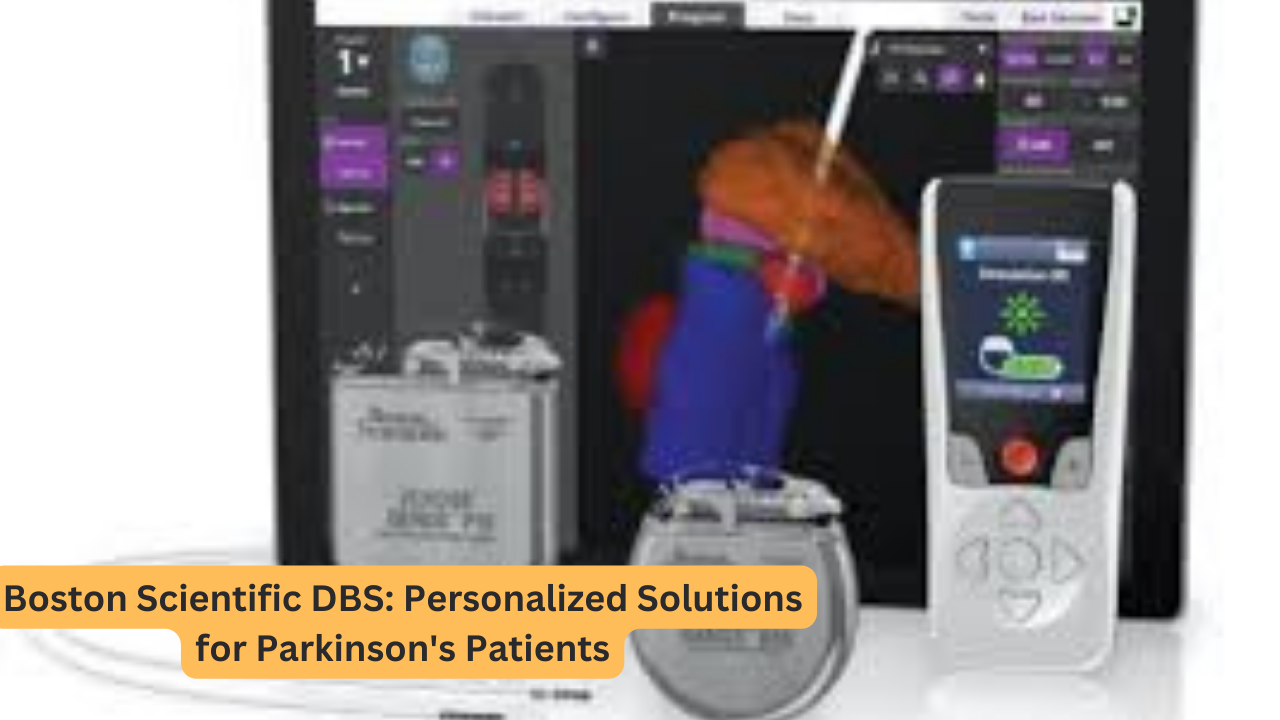Deep Brain Stimulation (DBS) has become a transformative treatment option for patients with Parkinson’s disease, offering hope and improved quality of life. Boston Scientific, a leading name in medical technology, has made significant strides in this field by developing a DBS system that can be tailored to meet the unique needs of individual patients. This article explores the latest advancements in Boston Scientific’s DBS technology, emphasizing its potential benefits and its impact on personalized patient care.
The Evolution of Boston Scientific DBS
DBS involves the implantation of a device that sends electrical impulses to specific areas of the brain, alleviating symptoms of neurological conditions such as Parkinson’s disease. Over the years, advancements in DBS technology have focused on enhancing precision, safety, and patient comfort. Boston Scientific has been at the forefront of these developments, continually innovating to provide more effective and customizable treatment options.
Boston Scientific’s Personalized DBS System
One of the standout features of Boston Scientific’s DBS system is its adaptability. The system is designed to be flexible, allowing for personalized programming that can be adjusted to the patient’s evolving needs. This is particularly crucial for Parkinson’s patients, whose symptoms and response to treatment can vary significantly over time.
Key Features
- Advanced Programming Capabilities: The Boston Scientific DBS system offers multiple programming options, enabling healthcare providers to fine-tune stimulation parameters. This level of customization helps in maximizing therapeutic benefits while minimizing side effects.
- User-Friendly Interface: The system includes an intuitive interface that allows both patients and clinicians to manage settings with ease. This empowers patients to have more control over their treatment and enhances their overall experience.
- Rechargeable Battery: A notable feature is the rechargeable battery, which reduces the need for frequent surgical interventions to replace the battery. This not only enhances patient convenience but also reduces healthcare costs over the long term.
- MRI Compatibility: The DBS system from Boston Scientific is designed to be MRI-compatible, ensuring that patients can safely undergo necessary imaging procedures without interrupting their treatment.
Benefits of a Personalized Approach
Personalization in DBS treatment offers several advantages:
- Improved Symptom Management: By tailoring the stimulation settings to the specific needs of the patient, the DBS system can provide more effective symptom control, improving the patient’s quality of life.
- Reduced Side Effects: Customizable settings help in finding the optimal balance between symptom relief and side effects, leading to a more comfortable treatment experience.
- Enhanced Patient Engagement: The user-friendly design encourages patients to be more involved in managing their treatment, fostering a sense of empowerment and engagement.
The Future of DBS with Boston Scientific
Boston Scientific continues to invest in research and development to further enhance its DBS technology. The focus remains on creating solutions that are not only effective but also adaptable to the changing needs of patients. With ongoing advancements, the future of DBS holds promise for even better outcomes and improved quality of life for those living with Parkinson’s disease.
Advantages of Boston Scientific DBS
The advancements in Boston Scientific’s DBS technology provide several significant benefits over traditional DBS systems. These advantages contribute to improved patient outcomes and enhanced quality of life.
Enhanced Battery Life
One of the notable benefits of Boston Scientific’s DBS systems is the rechargeable battery. Traditional DBS systems often require frequent battery replacements, which can be inconvenient and costly. Boston Scientific’s rechargeable systems, such as the Vercise™ Gevia, offer longer battery life, reducing the need for surgical interventions and allowing patients to maintain their treatment regimen with minimal disruption.
Remote Programming and Monitoring
Boston Scientific has integrated remote programming capabilities into their DBS systems. This innovation allows clinicians to adjust the device settings without requiring the patient to visit the clinic. Remote monitoring ensures continuous optimization of the therapy, providing patients with consistent and effective symptom management.
Clinical Evidence and Patient Outcomes
The efficacy of Boston Scientific’s DBS systems is supported by robust clinical evidence. Numerous studies have demonstrated the positive impact of their technology on patient outcomes, particularly in managing Parkinson’s disease.
Parkinson’s Disease Management
In patients with Parkinson’s disease, Boston Scientific’s DBS systems have shown significant improvements in motor function, quality of life, and reduction of medication usage. The ability to precisely target stimulation has led to better control of motor symptoms and reduced dyskinesia, which is often a side effect of long-term medication use.
Dystonia and Essential Tremor
Boston Scientific’s DBS technology has also proven effective in treating dystonia and essential tremor. Patients with these conditions have reported substantial improvements in their ability to perform daily activities, with decreased tremor severity and improved motor control.
Conclusion
Boston Scientific’s DBS system represents a significant leap forward in the treatment of Parkinson’s disease. Its personalized approach, combined with advanced technology, offers a promising solution for managing this complex condition. As research and innovation continue to evolve, Boston Scientific remains committed to providing cutting-edge treatments that cater to the unique needs of each patient, ensuring they receive the best possible care.










